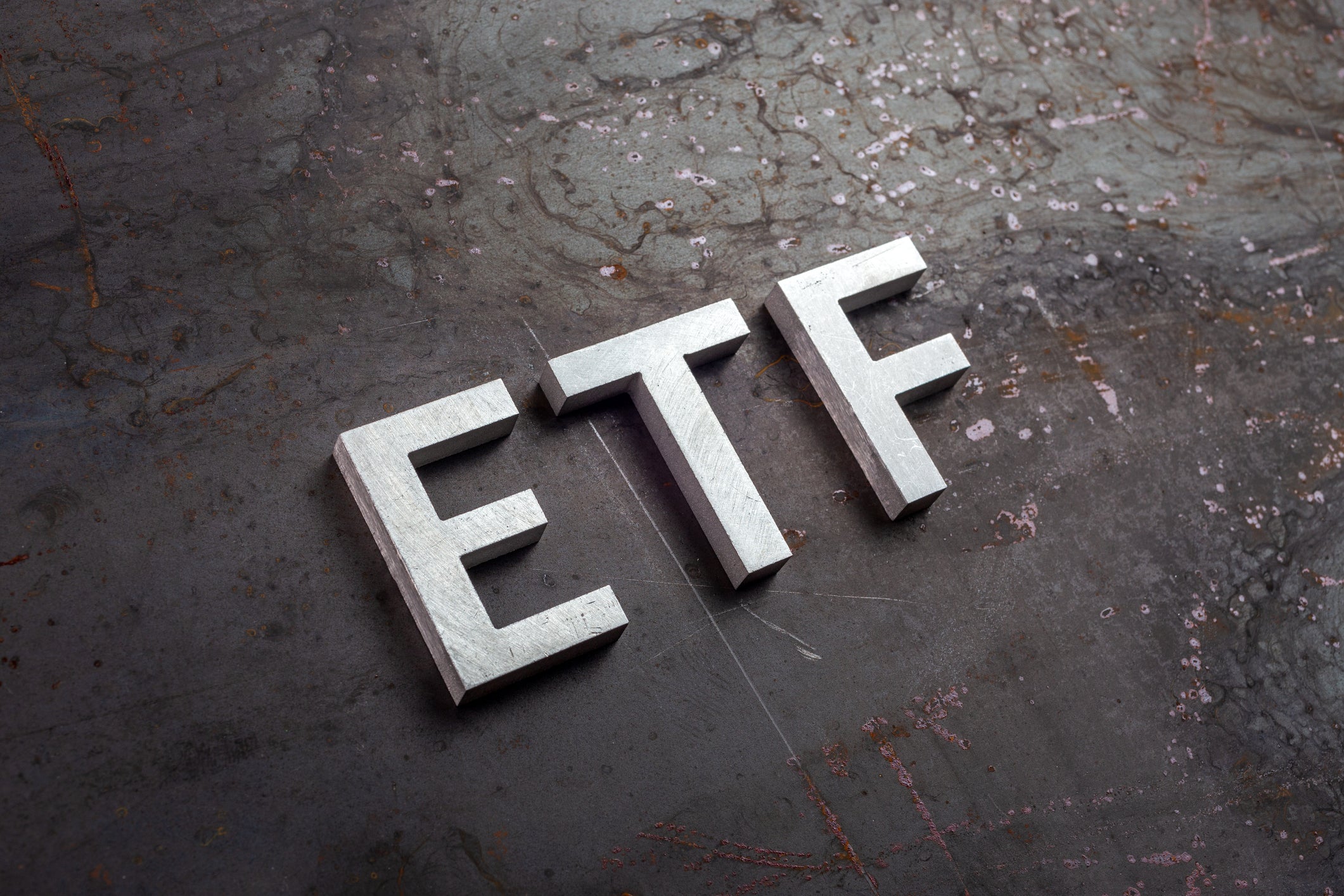#SP500 #Russell2000 #ETF
$SPY $SPX $RUT $IWM
“Here look at the differences in investing in S&P 500 and Russell 2000 exchange-traded funds, and when to choose 1 over the other” — Paul Ebeling
The S&P 500 and the Russell 2000 are 2 popular indexes. Many investors consider the S&P 500 to be the pulse of the US equity market. Russell 2000 ETFs closely track the Russell 2000 Index, which combines 2000 of the small-cap companies in the Russell universe of 3000 stocks.
The Standard & Poor’s 500 is a market-capitalization-weighted index of some of the largest publicly-traded US corporations.
The index is a commonly used benchmark for many portfolio managers, mutual funds, and ETFs (exchange-traded funds).
The 3 most commonly traded ETFs that track the performance of the S&P 500 index are:
- State Street’s SPDR S&P 500 ETF Trust (SPY)
- BlackRock’s iShares Core S&P 500 ETF (IVV)
- Vanguard’s S&P 500 ETF (VOO)
SPY is also structurally different from IVV and VOO in that it is set up as a unit investment trust (UIT) with restrictions on lending the underlying shares to other firms. Additionally, any dividends from SPY constituents for the period are collected and held in cash until quarterly distribution. Also called the Trust, SPY does not provide a dividend reinvestment service but allows them through a broker-dealer.9 VOO also has a quarterly distribution while IVV issues dividends once a year. Like SPY, neither offers dividend reinvestment services but both allow for broker-dealers to handle the transactions.
While the S&P 500 index typically contains larger, well-established companies, the Russell 2000 Index follows the performance of around 2,000 US small-cap companies. Like the S&P 500, the index is weighted and regularly serves as a benchmark index.
As the name suggests, Russell 2000 ETFs closely track the Russell 2000 Index, which combines 2,000 of the small-cap companies in the Russell universe of 3,000 stocks. The Russell 3000 tracks nearly 97% of all publicly traded US stocks.
Both the S&P 500 and Russell 2000 indexes are market-cap-weighted. However, unlike the S&P 500 index, the securities in the Russell 2000 index are not selected by a committee. Instead, the holdings are determined through a formula based on their market cap and current index membership.
The 3 notable ETFs tracking the Russell 2000 index are:
- BlackRock’s iShares Russell 2000 ETF (IWM)
- Vanguard’s Russell 2000 ETF (VTWO)
- Direxion Daily Small Cap Bull 3x Shares (TNA)
ETFs can be an attractive investment for those who are content with matching the return in a broader market at a fraction of an active management cost. Investors have many ETFs to choose from based on the size, geographical location, or sector affiliation of companies in the index.
Have a prosperous day, Keep the Faith!









